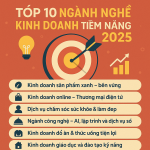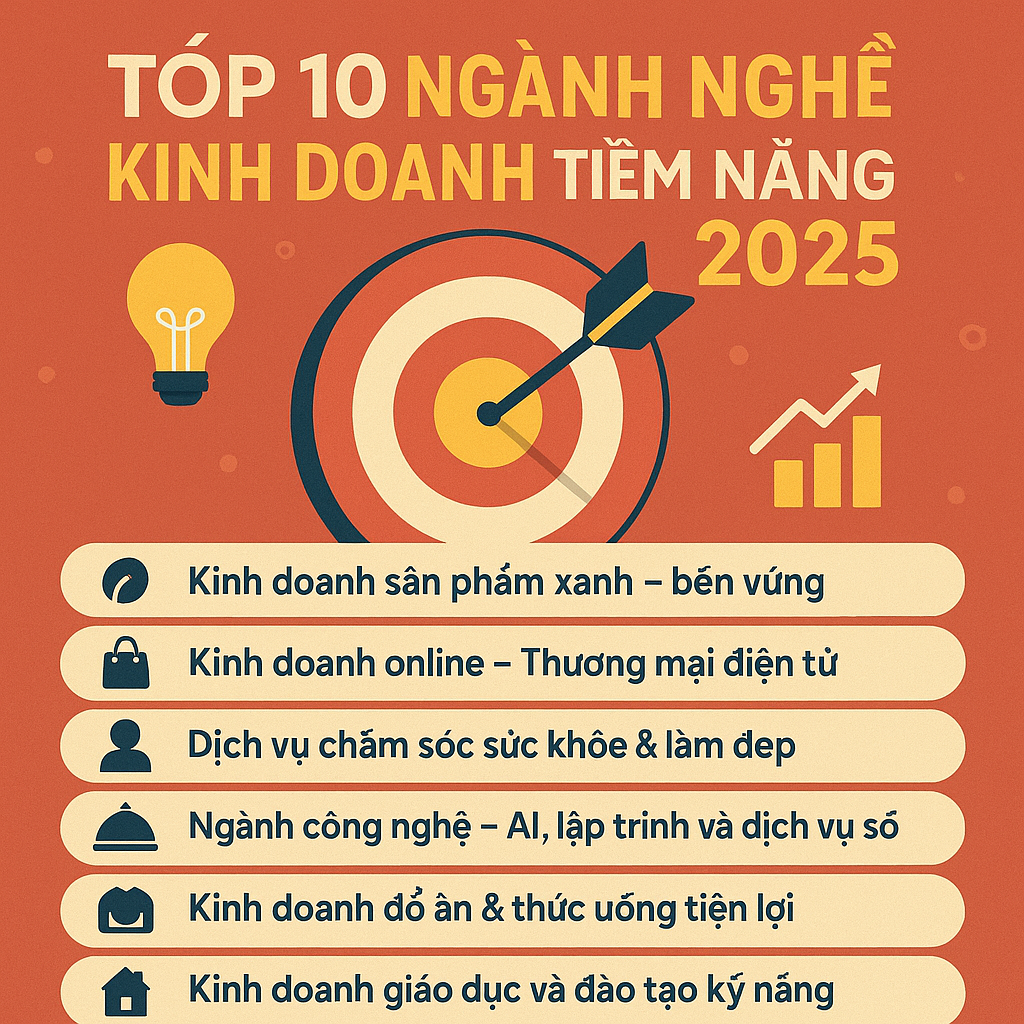Discover how to choose the right career in the United States in 2025. Learn the top industries, essential skills, and step-by-step strategies to find your dream job and build a sustainable career.
Introduction: Why Choosing the Right Career Matters More Than Ever
In 2025, the United States job market is transforming faster than ever before. Artificial intelligence, automation, and remote work are reshaping the way Americans live and work. According to the U.S. Bureau of Labor Statistics, over 11 million jobs will be created by 2030 in emerging industries like technology, healthcare, green energy, and digital services.
However, many people still struggle to choose the right career path — one that fits both their personal strengths and the market demand. Making the wrong choice can lead to burnout, wasted years, and financial instability.
This article provides a complete, practical guide to help you find the best career path in the United States, tailored to your personality, skills, and long-term goals.

1. Understand Yourself First — The Foundation of Every Career Decision
Before looking at job opportunities, you must look inward. The best career for you is not just about salary — it’s about passion, personality, and purpose.
1.1. Identify Your Strengths and Weaknesses
Take career assessment tools such as:
-
Myers–Briggs Type Indicator (MBTI) – helps understand your personality type.
-
CliftonStrengths – identifies your top strengths.
-
Holland Code (RIASEC) – matches your interests to real-world jobs.
These tools can reveal whether you’re more analytical (great for data science), creative (ideal for marketing or design), or empathetic (perfect for healthcare or education).
1.2. Define Your Personal Values
Ask yourself:
-
Do you value stability or creativity?
-
Do you prefer teamwork or independence?
-
Are you motivated by money, impact, or freedom?
Your answers will help narrow down industries and roles that align with your core values.
See More.Personal Growth
2. Research the U.S. Job Market in 2025
The U.S. labor market continues to evolve rapidly. Let’s look at the most in-demand and high-paying industries in 2025.
2.1. Top-Growing Industries in the U.S.
According to the U.S. Department of Labor, these sectors are expected to dominate:
| Industry | Job Growth (2025–2030) | Example Roles |
|---|---|---|
| Healthcare & Biotechnology | +14% | Nurse, Medical Technologist, Health Data Analyst |
| Technology & AI | +23% | Software Engineer, Data Scientist, AI Specialist |
| Renewable Energy | +22% | Solar Technician, Environmental Engineer |
| Education & Training | +9% | Teacher, Corporate Trainer, e-Learning Developer |
| Digital Marketing & E-Commerce | +18% | SEO Specialist, Content Strategist, E-Commerce Manager |
| Finance & Cybersecurity | +12% | Financial Analyst, Cybersecurity Consultant |
2.2. Jobs That Offer Long-Term Stability
Some industries provide not only high salaries but also job security:
-
Healthcare – recession-proof and constantly in demand.
-
Technology – continuous innovation means new roles emerge every year.
-
Education – stable demand due to population growth and upskilling needs.
-
Public Service – reliable income and retirement benefits.

3. Match Your Personality with the Right Career
Your personality type plays a critical role in career success. Here’s how different personality profiles align with specific jobs:
| Personality Type | Ideal Careers |
|---|---|
| Analytical (Thinkers) | Engineer, Accountant, Data Analyst |
| Creative (Creators) | Designer, Writer, Marketing Manager |
| Empathetic (Helpers) | Nurse, Counselor, Teacher |
| Leadership (Directors) | Manager, Entrepreneur, Project Lead |
| Adventurous (Explorers) | Salesperson, Photographer, Travel Consultant |
Knowing who you are helps you choose a career that feels natural — not forced.
See More. Meaningful Work: How to Find Purpose and Fulfillment in Your Career
4. Explore Educational and Training Options
The United States offers countless ways to gain the skills needed for your dream job.
4.1. Traditional Education (Universities & Colleges)
For professional careers like medicine, law, or engineering, a bachelor’s or master’s degree is essential. Some top universities for career-oriented education include:
-
Harvard University (Business, Law)
-
Stanford University (Engineering, Computer Science)
-
University of California, Berkeley (Technology, Environment)
-
MIT (AI, Robotics, Data Science)
4.2. Vocational and Technical Training
If you prefer hands-on learning, consider trade schools or community colleges. They provide practical skills for:
-
Electricians
-
HVAC technicians
-
Web developers
-
Automotive mechanics
These careers often have low tuition costs and high job placement rates.
4.3. Online Learning and Certifications
Platforms like Coursera, Udemy, and LinkedIn Learning now offer certificates recognized by U.S. employers.
Example certifications:
-
Google Data Analytics
-
AWS Cloud Practitioner
-
HubSpot Digital Marketing
-
CompTIA Cybersecurity+
5. Networking and Building Professional Connections
In the U.S., “It’s not just what you know — it’s who you know.”
Networking opens doors to job opportunities and mentorship that traditional applications can’t.
5.1. Online Networking
Use professional platforms like:
-
LinkedIn – build a personal brand, share insights, connect with recruiters.
-
Meetup – attend local career or tech events.
-
X (Twitter) – follow thought leaders in your industry.
5.2. In-Person Networking
Attend:
-
Job fairs
-
Conferences
-
Local Chamber of Commerce events
-
Alumni gatherings
Always bring your resume and be ready to discuss your skills and goals confidently.
6. Build a Strong Personal Brand Online
In 2025, recruiters often check your digital footprint before hiring.
That’s why creating a professional online presence can dramatically improve your chances.
6.1. Optimize Your LinkedIn Profile
-
Use a professional photo.
-
Write a keyword-rich headline (e.g., “Data Analyst | Python | SQL | Problem-Solver”).
-
Highlight achievements, not just responsibilities.
6.2. Create a Personal Website or Portfolio
If you work in creative or technical fields, showcase your:
-
Projects
-
Testimonials
-
Skills and tools you master
6.3. Share Knowledge Publicly
Blogging or posting insights about your industry builds credibility and helps others discover your expertise organically.
7. Applying for Jobs the Right Way
The U.S. hiring process emphasizes clarity, results, and professionalism.
7.1. Write a Tailored Resume
-
Use bullet points and quantifiable achievements.
-
Customize for each job: highlight relevant skills and experiences.
Example:
❌ “Responsible for marketing.”
✅ “Increased online sales by 45% through targeted SEO and social campaigns.”
7.2. Craft a Powerful Cover Letter
Show enthusiasm and explain why you fit the company culture. Personalization can set you apart from hundreds of applicants.
7.3. Prepare for Interviews
Common U.S. interview tips:
-
Be punctual and polite.
-
Research the company deeply.
-
Use the STAR method (Situation, Task, Action, Result) when answering questions.
8. Understand Work Culture in the United States
To succeed in your career, understanding U.S. workplace culture is essential.
8.1. Key Cultural Values
-
Punctuality – being on time shows respect.
-
Individual responsibility – employees are expected to take initiative.
-
Work-life balance – highly valued post-pandemic.
-
Diversity & inclusion – workplaces celebrate different backgrounds.
8.2. Communication Style
-
Be direct and confident.
-
Use polite, positive tone in emails.
-
Always express gratitude after meetings or interviews.
See More. Career Development: How to Build a Successful and Meaningful Career Path in 2025

9. Career Growth and Long-Term Planning
Choosing the right career is just the beginning. You must plan for long-term growth.
9.1. Keep Learning
Continuous upskilling helps you stay competitive. Take new certifications or attend workshops annually.
9.2. Seek Mentorship
Find mentors in your field — they can guide your decisions and open valuable opportunities.
9.3. Set SMART Career Goals
-
Specific: “I want to become a senior data analyst.”
-
Measurable: “Within 3 years.”
-
Achievable, Relevant, Time-bound.
Tracking progress keeps you motivated and accountable.
10. Common Mistakes to Avoid When Choosing a Career
-
Following trends blindly – not every “hot” career fits your personality.
-
Ignoring your interests – leads to low motivation and burnout.
-
Neglecting soft skills – communication and teamwork are just as important as technical ability.
-
Focusing only on salary – job satisfaction and balance matter long-term.
-
Skipping research – understand job requirements before committing.
Conclusion: Your Future Career Starts with a Confident Choice
Choosing the right career in the United States isn’t about luck — it’s about self-awareness, research, and consistent growth.
Take time to understand who you are, explore market opportunities, build strong connections, and invest in your professional development.
Remember, the best career isn’t necessarily the one that pays the most — it’s the one that makes you feel fulfilled, inspired, and proud every day.
So start today: explore, learn, connect, and choose wisely. Your future in the U.S. job market is waiting.










